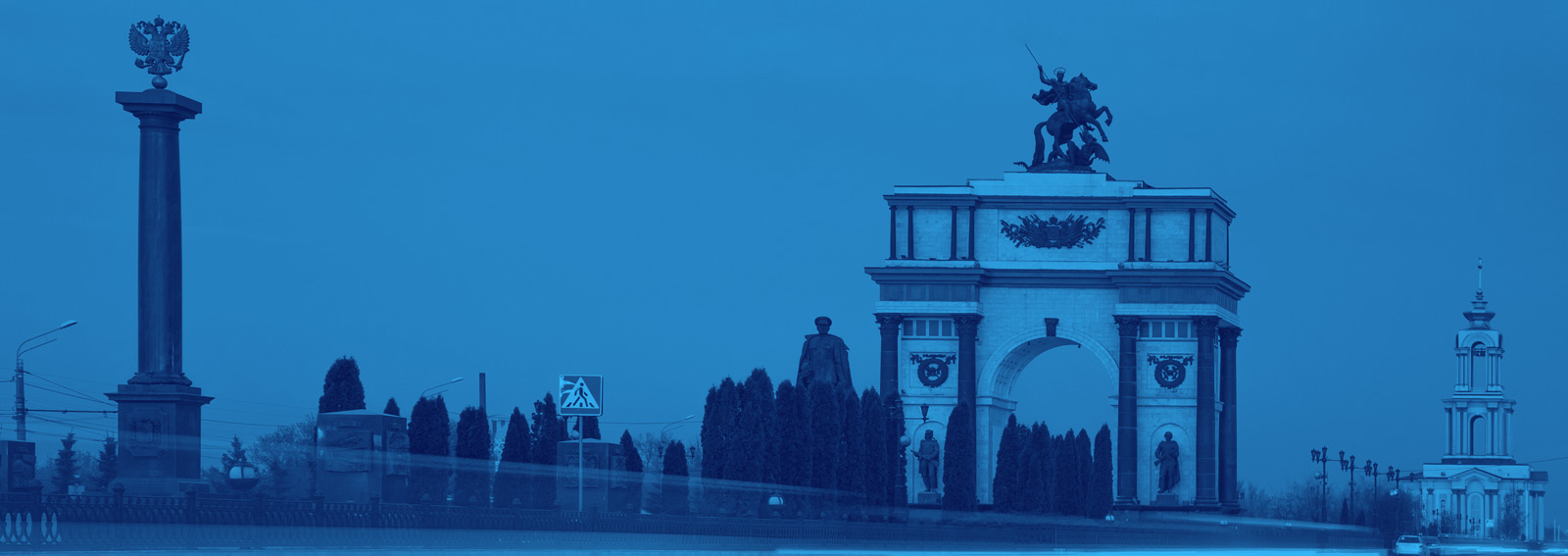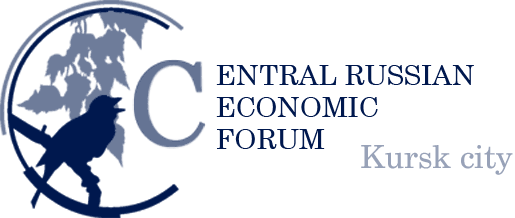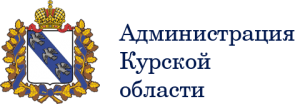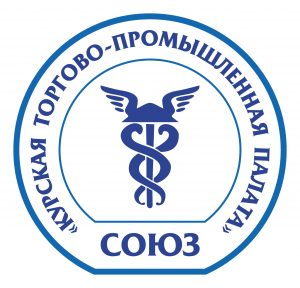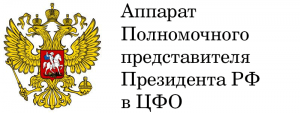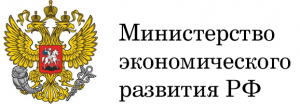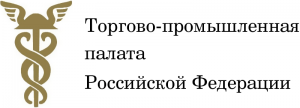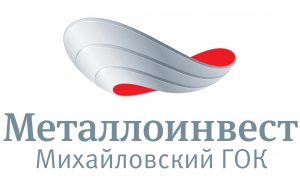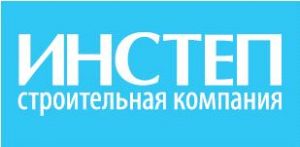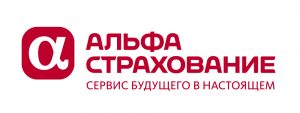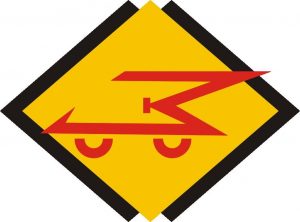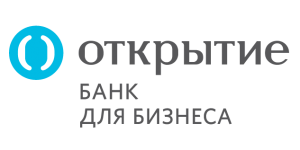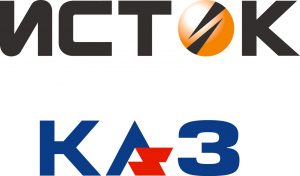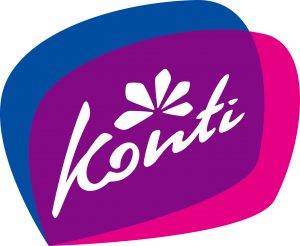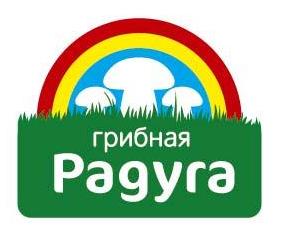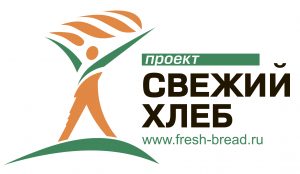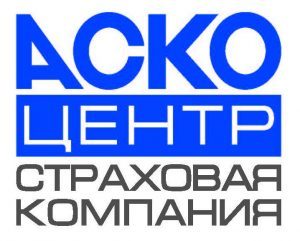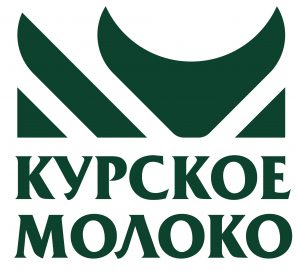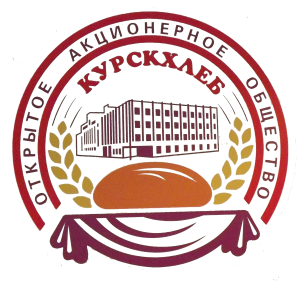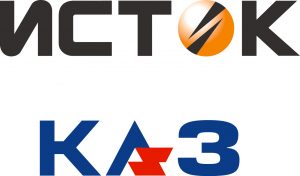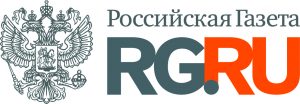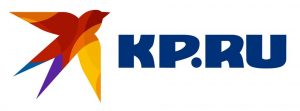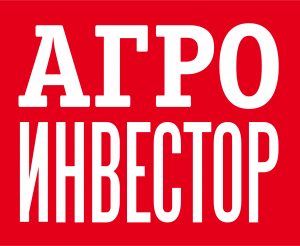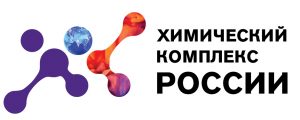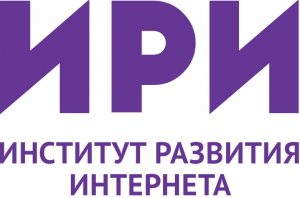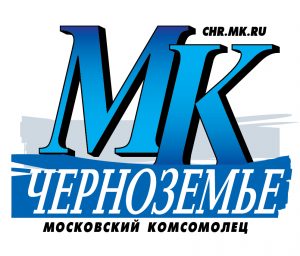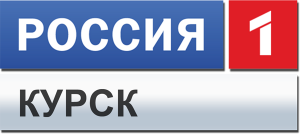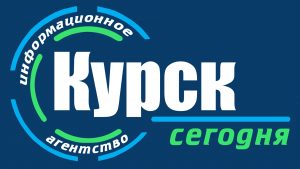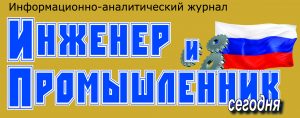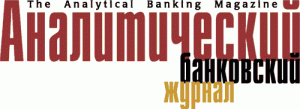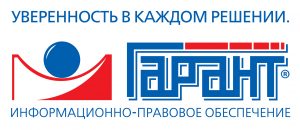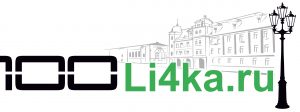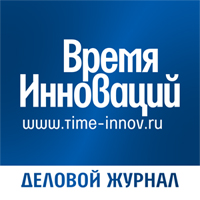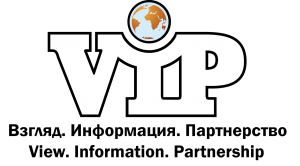FORUM PROGRAM
DAY 1 – 26 JUNE 2019
9:00-
Kursk City Sports & Concert Complex – Engels St. 140b, Kursk
REGISTRATION OF PARTICIPANTS for the sections: Smart City, Digital Public Administration of Region, Digital Transformation of Financial Markets, Search for Best Solutions, Digital Tourism, Digitalization of Media
9:00-
Kursk State University Main Building (Radishchev Street 33, Kursk)
REGISTRATION OF PARTICIPANTS for the sections: Digital Production, Personnel Training for Digital Transformation, Digital Transformation in the Agro-Industrial Sector, Meetup, Digital Volunteering
10:00-18:00
Sports & Concert Complex, Exhibition Hall, (Engels St. 140b, Kursk)
Digital Region exhibition
10:00-11:50
Sports & Concert Complex, 1st Floor, Great Hall (Engels St. 140b, Kursk)
Expert session: SMART CITY
12:10-14:00
Sports & Concert Complex, 1st Floor, Great Hall (Engels St. 140b, Kursk)
Search for best solutions: DIGITAL TECHNOLOGY SERVING ORDINARY PEOPLE. IMPROVING LIFE QUALITY IN A DIGITAL REGION
15:00-17:30
Sports & Concert Complex, 1st Floor, Great Hall (Engels St. 140b, Kursk)
Search for best solutions: DIGITAL TECHNOLOGY SERVING ORDINARY PEOPLE. IMPROVING LIFE QUALITY IN A DIGITAL REGION
10:00-11:50
Sports & Concert Complex, 2nd Floor, Small Hall (Engels St. 140b, Kursk)
Expert session: DIGITAL PUBLIC ADMINISTRATION OF REGION
12:10-14:00
Sports & Concert Complex, 2nd Floor, Small Hall (Engels St. 140b, Kursk)
Brainstorming session: FORMATION OF AN ICT SECTOR IN THE ECONOMY. REGIONAL DIGITAL DEVELOPMENT CENTER
10:00-12:00
Great Conference Hall, Kursk State University Main Building (Radishchev Street 33, Kursk)
Expert session: DIGITAL PRODUCTION
Track 1: DIGITAL TRANSFORMATION OF MANUFACTURING ENTERPRISES
Track 1: DIGITAL TRANSFORMATION OF MANUFACTURING ENTERPRISES
12:15-14:00
Great Conference Hall, Kursk State University Main Building (Radishchev Street 33, Kursk)
Expert session: DIGITAL PRODUCTION
Track 2: DEVELOPMENT OF PRODUCTION OF COMPONENTS IN THE REGION
Track 2: DEVELOPMENT OF PRODUCTION OF COMPONENTS IN THE REGION
15:00-17:30
Great Conference Hall, Kursk State University Main Building (Radishchev Street 33, Kursk)
Expert session: DIGITAL PRODUCTION
Track 2: DEVELOPMENT OF PRODUCTION OF COMPONENTS IN THE REGION
Track 2: DEVELOPMENT OF PRODUCTION OF COMPONENTS IN THE REGION
10:00-14:00
Great Conference Hall, 8th Floor, Kursk State University New Building (Radishchev Street 29, Kursk)
Roundtable meeting: PERSONNEL TRAINING FOR DIGITAL TRANSFORMATION
10:00-14:00
Kursk State University Main Building, Assembly Hall (Radishchev Street 33, Kursk)
Roundtable meeting: DIGITAL TRANSFORMATION IN THE AGRO-INDUSTRIAL SECTOR OF THE REGION. DIGITALIZATION AS THE KEY INSTRUMENT OF TRANSITION TO “ECO-FRIENDLY” AGRICULTURE
15:00-17:30
Kursk State University Main Building, Assembly Hall (Radishchev Street 33, Kursk)
Meetup: DEVELOPMENT OF SMALL AND MEDIUM AGRO-INDUSTRIAL BUSINESSES USING ICT SOLUTIONS
10:00-14:00
Great Conference Hall, 8th Floor, Kursk State University New Building (Radishchev Street 29, Kursk)
Roundtable meeting: DIGITAL HEALTHCARE
10:00-14:00
Kursk City Sports & Concert Complex, 1st Floor, Conference Hall (Engels St. 140b, Kursk)
Roundtable meeting: DIGITAL TRANSFORMATION OF FINANCIAL MARKETS
15:00-17:30
Kursk City Sports & Concert Complex, 1st Floor, Conference Hall (Engels St. 140b, Kursk)
Open discussion: MASS COMMUNICATIONS IN A DIGITAL REGION. NEW MEDIA CONFIGURATION ON THE INTERNET
10:00-14:00
Southwest State University, Conference Hall (50 Let Oktyabrya St. 94, Kursk)
Competition for young programmers: DIGITAL VOLUNTEERING
DAY 2 – 27 JUNE 2019
7:00-8:00
“World of Childhood” Charity Marathon Race
9:00-
Kursk City Sports & Concert Complex – Engels St. 140b, Kursk
REGISTRATION OF PARTICIPANTS
10:00-12:00
Sports & Concert Complex, 1st Floor, Great Hall (Engels St. 140b, Kursk)
OPEN DIALOGUE WITH ROMAN STAROVOYT, ACTING GOVERNOR OF KURSK REGION
12:00-13:00
Sports & Concert Complex, Exhibition Hall, (Engels St. 140b, Kursk)
Digital Region exhibition
14:00-17:00
Sports & Concert Complex, 1st Floor, Great Hall (Engels St. 140b, Kursk)
Plenary session: DIGITAL REGION
10:00-12:15
Sports & Concert Complex, 2nd Floor, Small Hall (Engels St. 140b, Kursk)
SMALL BUSINESS: A DRIVER FOR A DIGITAL REGION
Organizers and Partners
Hosts
При поддержке
При поддержке
Официальный партнер
Стратегический партнер
Генеральный партнер
Партнеры форума
Партнеры секции
Партнеры секции
При участии
Бизнес партнеры
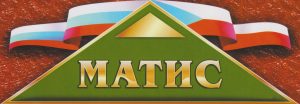
Бизнес партнеры

Бизнес партнеры
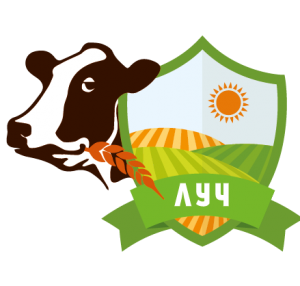
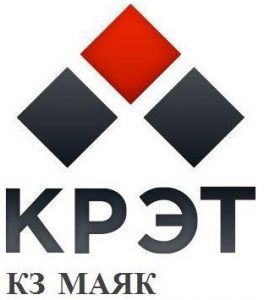
Бизнес партнеры
Бизнес партнеры

При содействии
Federal Information Partners
Federal Information Partners
Sectoral Internet Partner
Sectoral Information Partners
Sectoral Information Partners
Regional Information Partners
Regional Information Partners
Information Partners
Information Partners
Information Partners
Information Partners
CONTACTS
GOVERNMENT OF KURSK REGION
Economy and Development Committee of Kursk region
(4712) 70-25-07, (4712) 70-27-28
infr.econom@rkursk.ru
AK&M INFORMATION AGENCY
(499) 132-61-30, (499) 132-61-50
conf@akm.ru
www.akm.ru


